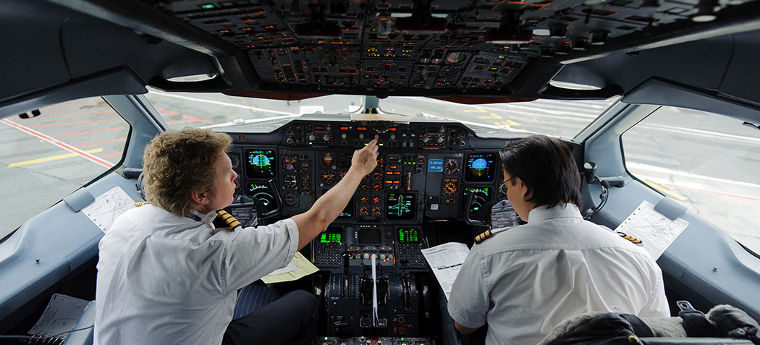
Advantages of Flight Simulator Instruction for Pilot Training
Pilots can benefit from developing muscle memory in a range of situations through training on flight simulators. Without worrying that they won’t be able to manage the aircraft in real flight, pilots can practise dealing with control issues. Pilots learning to fly in sunny regions can practise handling ice and snow; those who typically fly in calm, dry weather may try some models in torrential downpour.
Also, you can run your own virtual airline in Airline Enterprise, a real-time, web-based game of airline management. If you’re looking Airline online game, then click here https://www.airlinemanager.com/airline-simulator. Online gaming’s foreseeable destiny. Navigate to the reactive plane and search for big quantities. Numerous individuals have struck it lucky. Join now to receive incentives. Board an aircraft. Become a dangerous aviator.
Some might argue that it’s impossible to accurately replicate the adrenaline rush of a real catastrophe. Adverse effects like a racing heartbeat, trembling hands, and the inability to think properly can occasionally be brought on by adrenaline. These effects can be countered by repetition in a simulator, and the pilot will be prepared to respond in a real emergency.
Simulator training has the following benefits over more conventional ones in addition to the fun experience of “flying” them.
1) Flying Is Possible in Any Condition
There are limitations on the types of weather that private and student pilots may travel in. No matter the time of year, temperature, or season, training can be done using a flight simulator. Students and pilots who need a refresher can enter a simulator at any time of day or night and learn more about how to effectively and securely control an aircraft.
2) You May Repeat That
Flight students can use additional time in a simulator to hone their skills if they are having trouble with a particular manoeuvre. The ability to perform certain motions swiftly and almost instinctively can be developed in student pilots through the development of muscle memory and finely honed motor skills. A new pilot’s trust may rise as a result of their capacity for quick decision-making and their application of aviation knowledge.
3) Lower Expense
In a real aeroplane, aspiring pilots can practise specific manoeuvres and abilities repeatedly. Although it gives real-world experience that is important, this process takes much longer than it would in a simulator, and it is typically much more expensive. For instance, instead of taking the time to circle back around the airport’s landing pattern, a pupil practising landings can quickly reset to final approach. This takes effort and expensive gasoline. Additionally, it reduces the expenses of maintenance, insurance, and flight instructors.

Students learning to fly on a tight budget can take additional time to hone their skills in a more affordable setting with the help of flight simulator training. Students can practise speaking with air traffic control, learning how to communicate with other pilots, and practising the sequence of events for beginning their flight without ever leaving the ground.
4) A Secure Environment for Emergency Process Practice
Students who partly learn to fly in a simulator have the chance to study accepted aviation practises in a secure setting. Students who are initially intimidated by the work of flying can gain exposure, experience, and confidence in a simulator without any negative physical effects, even though there is no substitute for experiencing actual aircraft controls and interacting with spatial relationships in the air.
Conclusion
In the same manner, pilots can practise emergency procedures in a simulator without experiencing the uncertainty and stress that are frequently present in situations where life or death are at stake.
